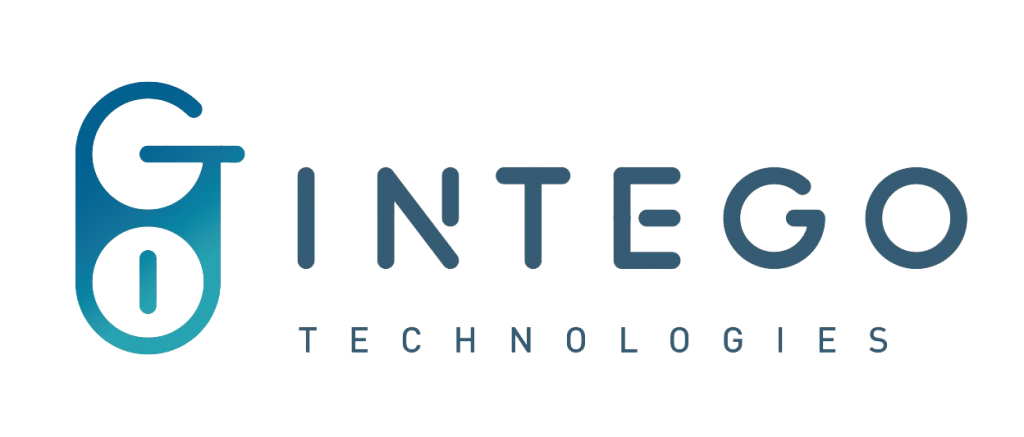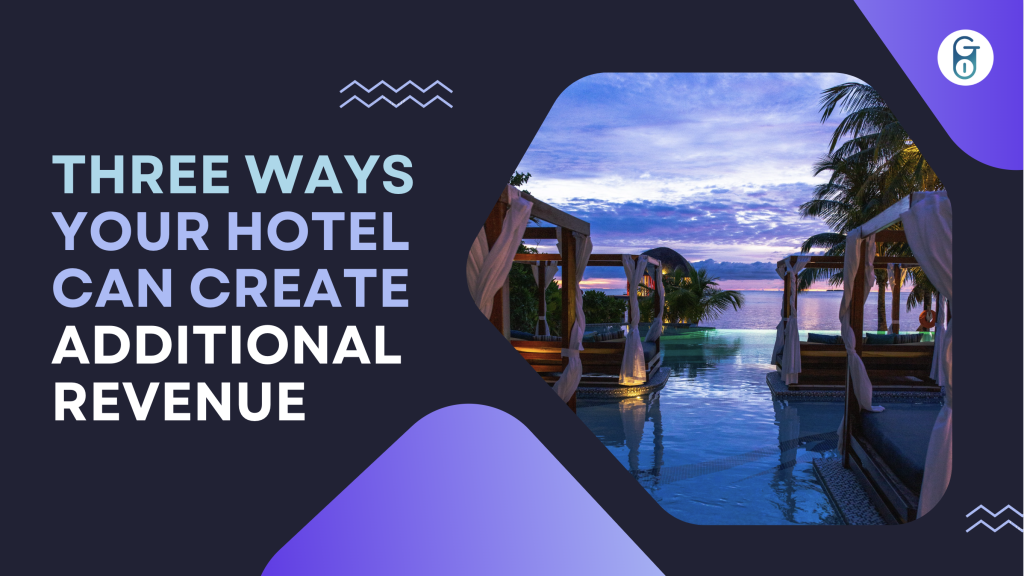Image Source: FreeImages
In today’s digital age, it’s no surprise that more and more hotels are turning to software solutions to help them manage their booking system. Whether you’re looking for a standalone system or an integrated cloud management solution, however, there are some key considerations you’ll need to think about before making your decision. This article will explain the differences between standalone vs cloud property management systems so you can decide which is the best option for your business.
What is a Property Management System?
Property management system allows you to manage your hotel, from booking to billing. It can either be hosted on a third-party provider’s servers, or they can be SaaS solutions where you host the software on your own servers. It is also a robust CRM that allows you to manage your lead sources and track your marketing efforts. Other features you might come across with a property management system include:
- Property management features allowing you to book guests into your accommodation, view/edit current reservations and receive/reply to guest reviews.
- Payment and billing options allow you to collect payment from your guest, issue e-invoices or e-receipts and access their payment history.
- Reporting and analytic features allow you to track expenses, generate reports and more
- Others: housekeeping management, reservation, etc
Standalone Vs Cloud
A standalone property management system is a software solution that allows you to manage your entire rental business, from booking to billing. This type of system is installed on-premises and does not share its resources on third-party servers nor requires any internet connectivity.
Cloud-based property management systems are typically accessed via an Internet browser, and they store all of your data in the cloud. Cloud systems are hosted on a third-party provider’s servers and you can share resources across different properties. You can access the system from anywhere and anytime as long as you have an internet connection.
How to Choose Between a Standalone and Cloud Property Management System?
If you’re trying to decide whether to go with a standalone or cloud property management system, it’s important to think about how your business operates and what feature set you need to be successful. For example, if you operate several properties and need to share data across your organization, a cloud-based system would be a better option. On the other hand, if you’re only managing one property and don’t need to share data, you can opt for a standalone solution. Another consideration is whether you have the resources and expertise to maintain an on-premises system. If you don’t have the in-house expertise or are short on internal IT resources, a cloud-based system would be a better option for you. You also need to consider data security. For example, a cloud-based system can help to protect against ransomware attacks because your data is not stored on your servers. This might be a key deciding factor for your business.
Why You Should Go for a Cloud-Based Property Management System?
If you’re still not sure whether a cloud-based property management system is right for you, here are some reasons why it might be the best option for your business. – Scalability – As your business grows, you might need to add more users to your system. With a cloud-based system, it’s easy to scale as your business grows and add new users/properties as needed. You also don’t have to worry about hosting capacity or data limits as the cloud provider can scale their system as needed. – Security – As mentioned above, a cloud-based system can help protect your data from outside threats. Ransomware is a serious concern for many businesses, particularly smaller companies that don’t have the resources to invest in cybersecurity. With a cloud-based system, you don’t have to worry about hackers getting into your system, and you don’t have to spend money on cybersecurity. – Maintenance – A standalone system might require an on-going investment in maintenance and updates, which might not be feasible for a smaller company. With a cloud-based system, maintenance is often included in your subscription, which can make it easier for your business to stay on top of maintenance and updates. – Scalability – As your business grows, you might need to add more users to your system. With a cloud-based system, it’s easy to scale as your business grows and add new users/properties as needed. You also don’t have to worry about hosting capacity or data limits as the cloud provider can scale their system as needed. – Maintenance – A standalone system might require an on-going investment in maintenance and updates, which might not be feasible for a smaller company. With a cloud-based system, maintenance is often included in your subscription, which can make it easier for your business to stay on top of maintenance and updates.
Conclusion
Cloud property management systems are a simple and cost-effective way to run your company. They offer all of the core management functions that you’d expect to find in a standalone system, and they’re accessible from anywhere. These systems can be tailored to your company’s specific requirements and integrated with other third-party services, making them even more powerful. Whether you use a standalone or integrated cloud property management system, the most important thing is that the solution you choose meets the needs of the business.




